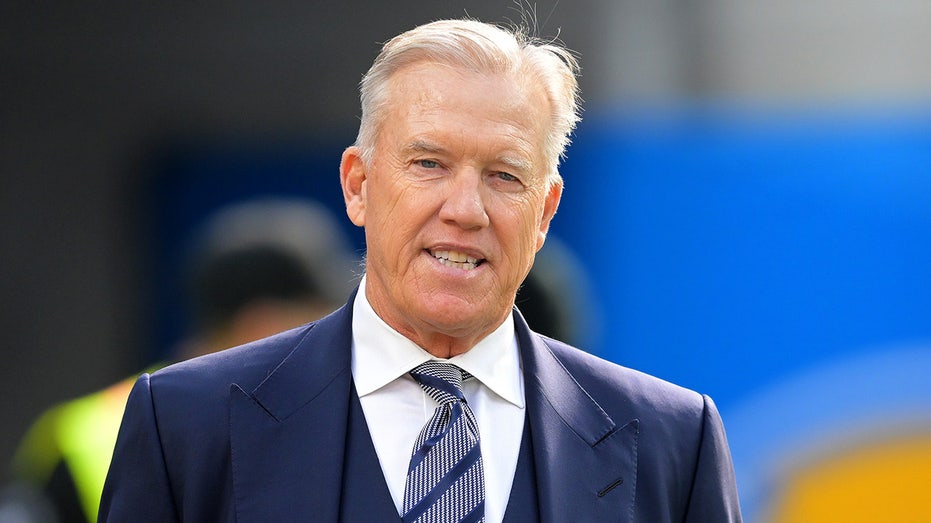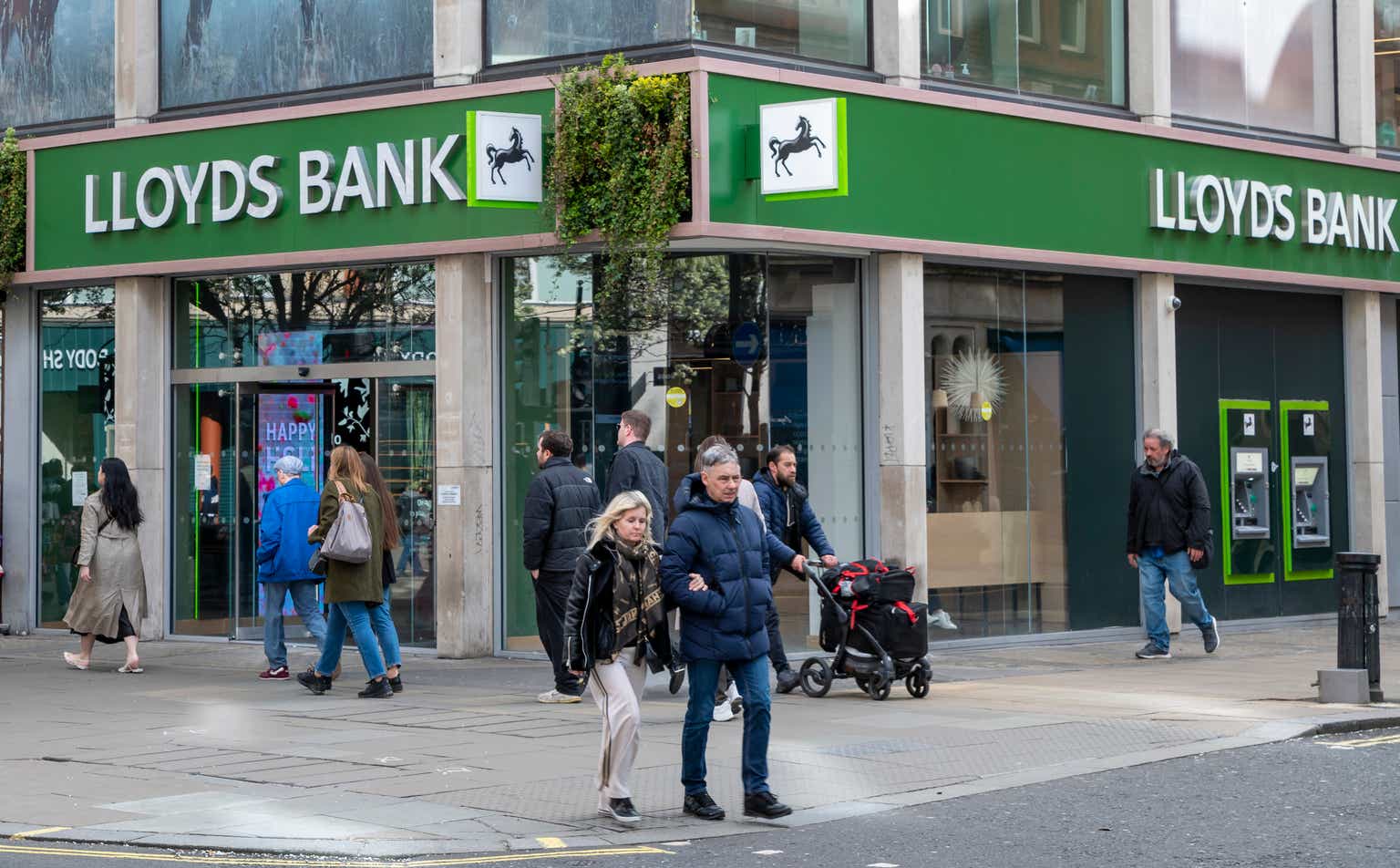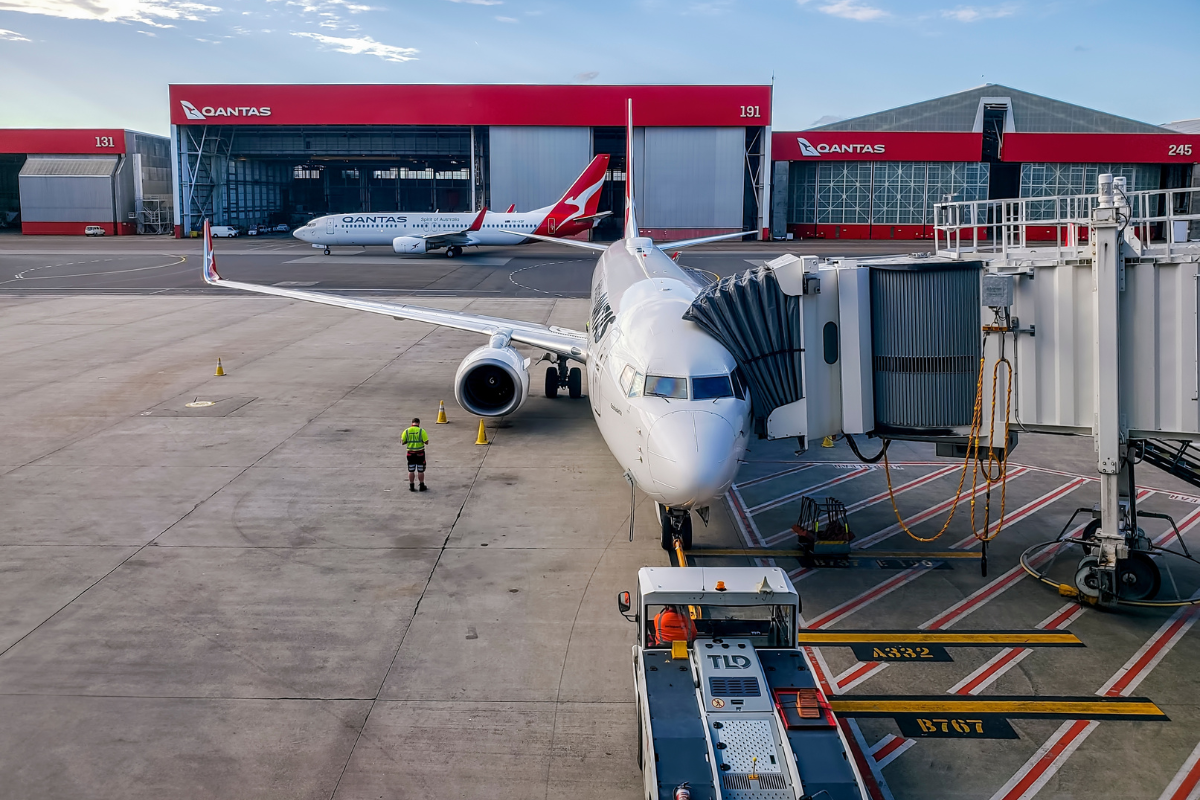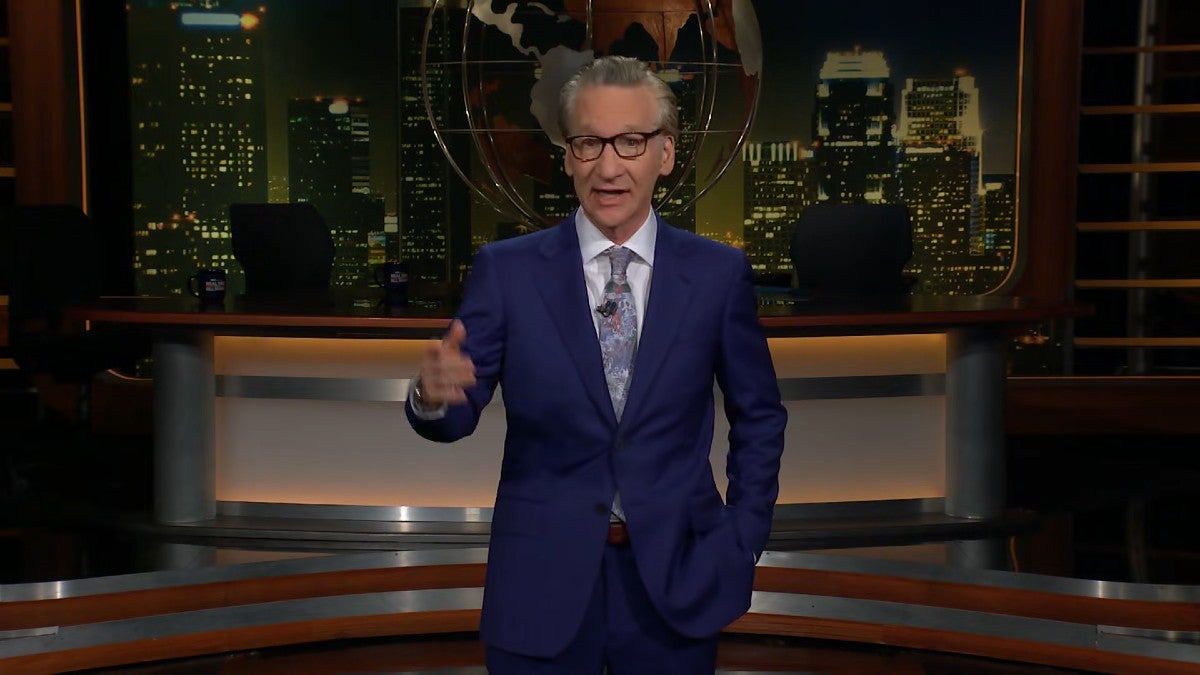Trump switches up economic message as voters, markets tremble
President Trump is switching up his messaging on the economy amid growing concern from voters and even fellow Republicans about his trade agenda. After months of expressing unabashed confidence in his plans to impose sweeping tariffs, Trump is acknowledging the pain the U.S. economy may face under steep import taxes. The latest economic blow to...

President Trump is switching up his messaging on the economy amid growing concern from voters and even fellow Republicans about his trade agenda.
After months of expressing unabashed confidence in his plans to impose sweeping tariffs, Trump is acknowledging the pain the U.S. economy may face under steep import taxes.
The latest economic blow to Trump came through Wednesday's disappointing report on economic growth, which fell sharply in the first quarter due to a surge of imports ahead of the president's tariffs.
While Trump and his top economic officials touted the strength of other areas of the economy and brushed off the tariff impact, the president also attempted to blame the decline on former President Biden.
Trump conceded that tariffs could push up prices and potentially lead to goods shortages, urging business leaders Wednesday to be patient with him and acknowledging that American consumers might just have to grin and bear it.
“Somebody said, ‘Oh, the shelves are going to be open.’ Well, maybe the children will have two dolls instead of 30 dolls, you know. And maybe the two dolls will cost a couple of bucks more than they would normally,” he said during a Wednesday Cabinet meeting.
Trump’s tariff comments run counter to his previous positions on their economic effects and represent a departure from his pledge to lower costs following the highest levels of inflation in 40 years.
“Tariffs don’t cause inflation. They cause success,” Trump said earlier this year when announcing 25-percent tariffs on Mexico and Canada that the administration later halted.
Trump’s new tone assumes that consumers will support the tariffs despite their price effects, a point that the president has acknowledged in the past.
“There could be some temporary, short-term disruption, and people will understand that,” he said in the Oval Office in January.
The messaging shift comes as Trump faces escalating backlash from the business community, concerns from Republican allies and steeply declining approval ratings.
Trump’s perceived strength on the economy — his biggest selling point for U.S. voters in 2024 — has taken a hit in recent weeks.
Pollsters for Pew found a 45 percent economic confidence rating for Trump in April, the lowest rating in such surveys since 2019.
Economic confidence in Trump is at 44 percent in polling from Gallup, close to his first-term average. Trump’s economic approval rating is still higher than Biden’s, which bottomed out around 35 percent in 2023.
Americans’ economic outlook has been deteriorating across a wide variety of surveys, with 45 percent of Pew respondents saying last month that things will get worse, compared with 37 percent who said that in March.
Trump’s approval ratings overall have also been sliding, a downward trend that is typical of most presidents immediately following their election. Since January, his approval rating has dipped from 47 percent to 44 percent, according to a recent Gallup poll.
Trump also lost ground in Ohio this week, where about 47 percent of survey respondents approved of his performance, compared with 50 percent in a comparable survey in February.
Even Trump's stalwart Republican supporters in Congress are expressing alarm over the president's agenda.
“I don’t think there is any doubt that the tariffs and trade war has injected a lot of uncertainty and instability into the economy. I think investment, what I’m hearing from businesses, is drying up. That’s not good,” Sen. Ron Johnson (R-Wis.) said.
The growing backlash comes as tariffs started to show up in consumer spending data, which exhibited a huge surge in car purchases ahead of May 3 auto tariffs. Spending on motor vehicles and parts increased by 57 percent in March, Commerce Department data showed Wednesday.
Front-loading of imports by U.S. wholesalers was large enough to take a bite out of first-quarter gross domestic product (GDP), which contracted by 0.3 percent on an annualized basis in its initial reading.
Businesses have been ramping up the pressure on the president to strike a deal with China and bring the tariffs down. The overall U.S. tariff rate is above 25 percent, the highest level in more than a century, according to a tally by the International Monetary Fund.
The Chamber of Commerce, a top U.S. business lobby, sent a letter to Treasury Department Secretary Scott Bessent on Wednesday calling for “immediate action” on tariff relief and sounding the alarm over recession risks.
“Even if it only takes weeks or months to reach agreements, many small businesses will suffer irreparable harm,” wrote Chamber President Suzanne Clark.
The letter follows a meeting between Trump and the CEOs of major U.S. retailers during which the bosses reportedly warned of empty shelves in their stores.
The meeting was “to discuss the path forward on trade,” a spokesperson for Target told The Hill.
New data Wednesday showed inflation falling ahead of the full impact of Trump's tariffs, even as the president admitted the possibility of higher prices coming from his policies.
The personal consumption expenditures (PCE) price index slowed in March to a 2.3-percent annual increase, down from 2.7 percent in February and close to the Fed’s target rate of 2 percent. Excluding the more volatile categories of food and energy, PCE prices eased to a 2.6-percent annual increase, the lowest level since June of last year.
Some investors were encouraged by the GDP number despite the headline downturn and separated out the effects of boosted imports, which are a subtraction in the overall calculation.
“GDP growth ex-imports was just fine,” Scott Helfstein, head of investment strategy at Global X ETFs, wrote in a commentary. “In a normal world, the Fed would be pretty close to claiming victory. … Unfortunately, policy communications and decisions have put celebration on ice.”
Trump told business leaders this week that his policies would require “a little bit of time.”
“I think you have to give us a little bit of time to get moving,” he said Wednesday at an event with the heads of SoftBank, Toyota Motor North America, Worldwide Amazon Stores, and Eli Lilly, among others.















































![Save Up to 30% at Accor Hotels with MasterCard [Japan]](https://boardingarea.com/wp-content/uploads/2025/05/3294bc4b6d1941eef8987e0e40318da7.jpg?#)
































